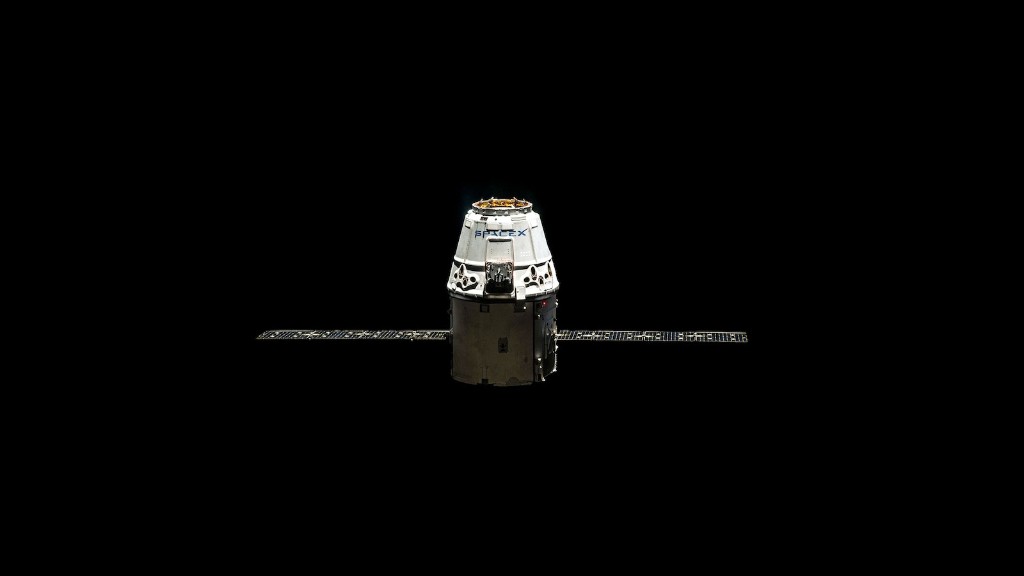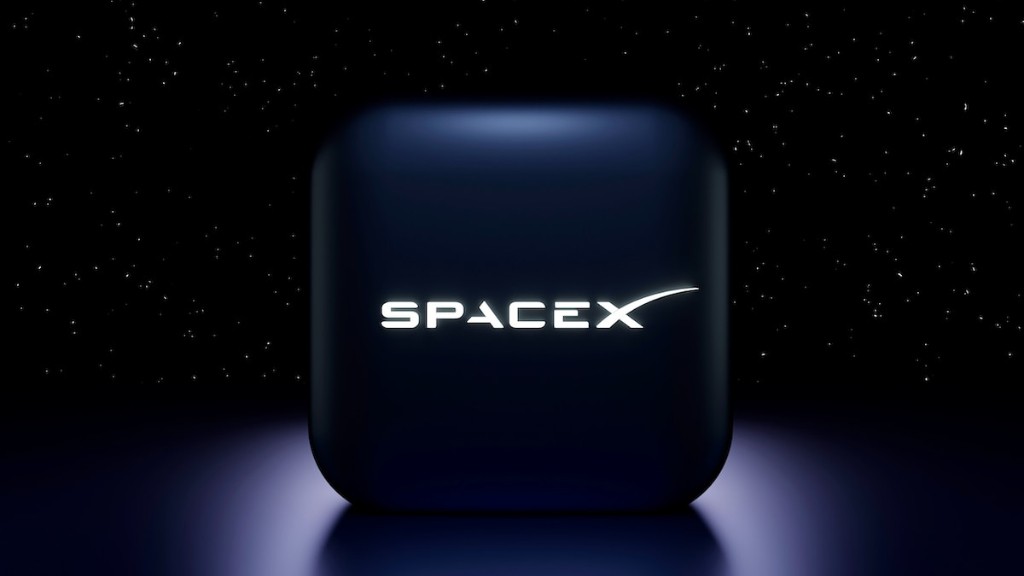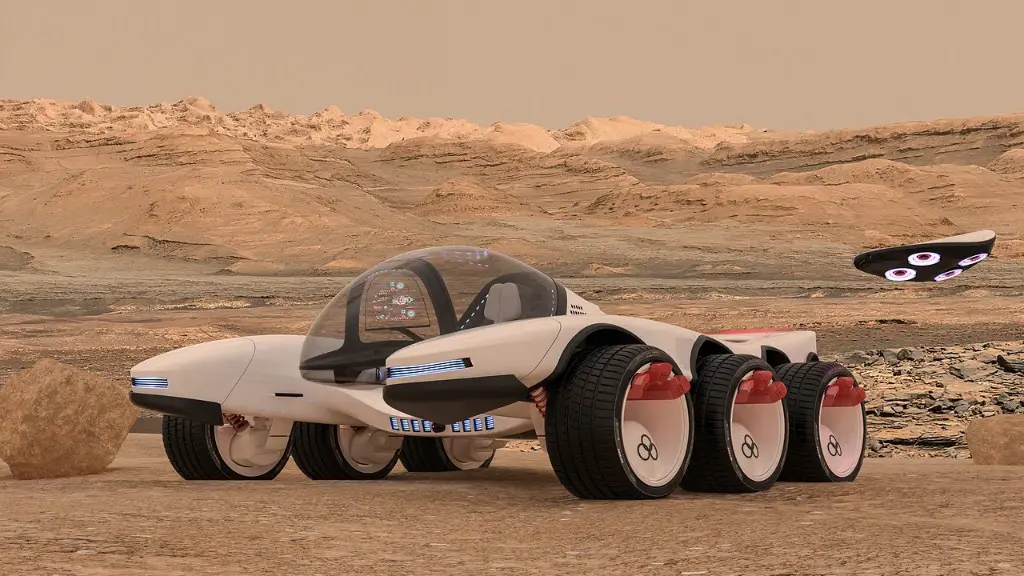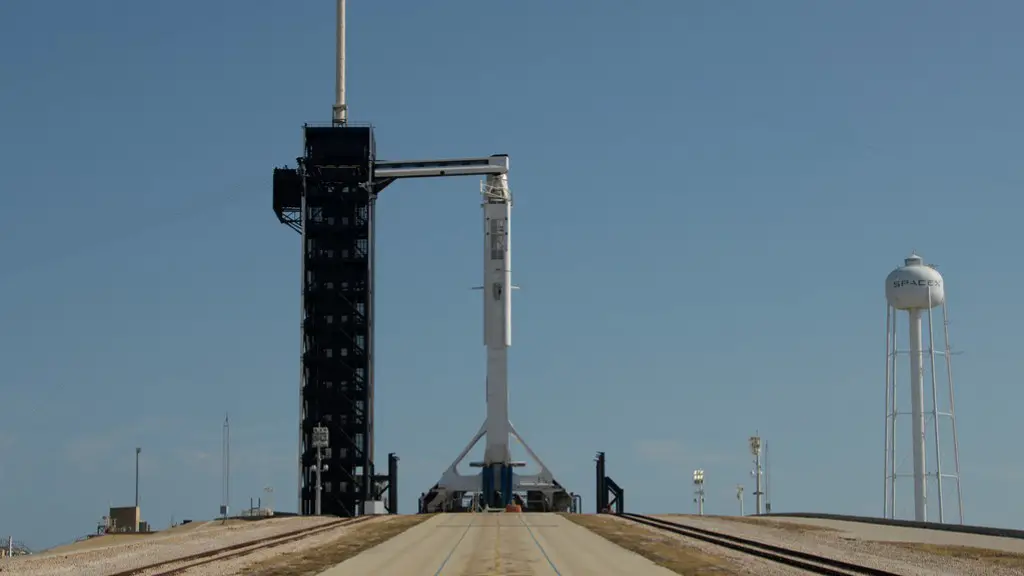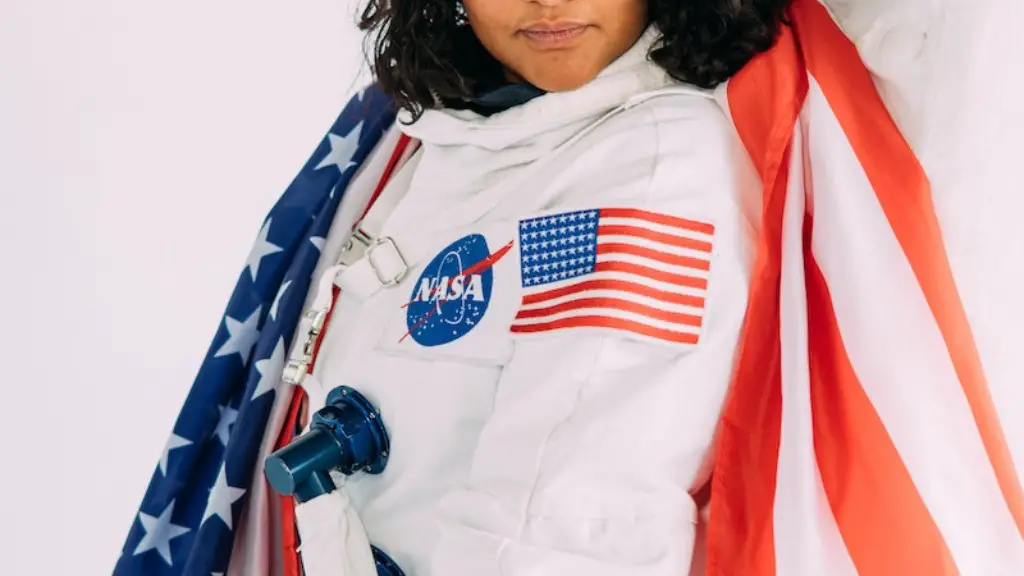In order to get a job at NASA, you will need to go through the federal government hiring process. The first step is to create an account on the USAJOBS website and submit your resume. You can search for jobs by keyword, location, and other criteria. Once you find a job that interests you, you will need to complete an online application.
There is no one-size-fits-all answer to this question, as the best way to get a job at NASA depends on your qualifications and area of interest. However, some tips on how to get a job at NASA include researching the agency and its hiring process, networking with employees and contractors, and applying for relevant positions.
Is it hard to get a job at NASA?
Despite the many opportunities to apply, it is still difficult to get a job at NASA. The high academic qualifications and diverse experiences required make it a competitive process. However, NASA employs more than just astronauts. There are a variety of positions available, so it is worth exploring all the options.
In order to apply to become an astronaut with the United States space program, you must be a United States citizen and have a minimum of a master’s degree in a science, technology, engineering, or mathematics (STEM) field. You must also have at least two years of relevant professional experience or at least 1,000 hours of pilot-in-command time in jet aircraft.
What are the chances of getting hired by NASA
There are a few things to keep in mind if you’re applying to be a NASA astronaut. First, the competition is extremely fierce. After reviewing everyone’s applications for 18 months, NASA is only going to pick between eight and 14 people from the pool of applicants. That means you have between a 004 percent and 008 percent chance of getting selected to go to the next round. Of course, that’s assuming it’s a level playing field. Second, you need to have the right qualifications. A minimum of a bachelor’s degree in a STEM field is required, along with three years of professional experience (or 1,000 hours of pilot-in-command time in a jet aircraft). Finally, you need to be in excellent physical shape. Astronauts need to be able to pass a strenuous physical examination. So if you’re thinking of applying to be a NASA astronaut, make sure you’re up for the challenge.
The Senior Systems Engineer position at the National Aeronautics and Space Administration (NASA) pays an average annual salary of $126,305. This is the highest paying position at NASA. The Research Scientist position pays an average annual salary of $79,405, which is the lowest paying position at NASA.
What college does NASA hire from?
The University of Houston is one of the top universities for students looking to pursue a career in the space industry. According to a recent study, 12% of the entire NASA permanent workforce got their education at the University of Houston. This university has the highest number of college graduates employed at NASA. A close second is the University of Maryland, with 111%.
The workweek for full-time employees at the NASA HQ is 40 hours, from Monday to Friday, 8 hours each day. For part-time employees, the workweek is normally regularly scheduled work from 16 to 32 hours per week.
Can I work at NASA without a degree?
You may be qualified for many positions without a college degree if you have experience. A college education is generally not required for positions other than professional, scientific, and engineering positions.
In order to be a candidate for US president, one must meet a number of requirements. Among these is the minimum age requirement of 16 years. This means that anyone who is 16 years old or older is eligible to run for president of the United States. The other requirements for candidacy are outlined in the Constitution and include being a natural born citizen of the US and having resided in the country for at least 14 years.
Can anyone apply for NASA
Thank you for considering a career with NASA. Unfortunately, if you are not a US citizen, you are not eligible to work for NASA as a civil service employee. However, you may wish to explore opportunities with our International Space Partners, such as Agencia Espacial Brasileira (AEB) or the Italian Space Agency. Thank you for your interest in NASA and we hope you have a great career in space exploration!
Dear Internship Applicant,
To be eligible for a NASA internship, applicants must be US citizens and have a cumulative GPA of 30 or above on a 40 scale. Internships are highly competitive and preference will be given to those with relevant experience and a strong interest in pursuing a career in the space industry.
Thank you for your interest in interning with NASA!
Sincerely,
NASA Internship Program
What degree does NASA hire the most?
Computer science is a rapidly growing field with many job opportunities. The degree can prepare you for a career in many different areas, including robotics, software development, hardware maintenance, air traffic control simulations, and more. With the demand for qualified computer science professionals increasing, now is a great time to consider this field for your future.
The minimum GPA requirement for students enrolled in college undergraduate or graduate programs is 300. This means that students must have a cumulative GPA of at least 3.0 on a 4.0 scale in order to be eligible for admission into these programs.
How much do NASA janitors make
This is the estimated total pay for a janitor at NASA. It is a good wage, and it is a stable job. The hours are long, and the work is hard, but it is a good job.
Nasa is a great organisation to work for, and the salary is very good. However, there is no minimum salary at Nasa, it all depends on the role you are applying for. For example, the minimum salary for a Partner is ₹30 Lakhs per year, and for a Senior Administration Officer, the minimum salary is ₹220 Lakhs per year. So, it all depends on the role you are applying for.
What is the most common job at NASA?
To ensure that we are able to maintain our different missions, NASA employs 20 different types of engineers. The most common fields that these engineers cover are aerospace, general, and computer engineering. This allows us to have a wide range of experts to rely on when we need to solve complex problems.
There are many great universities for space science all across the globe. Here are some of the best: University of California Berkeley, University of Cambridge, Princeton University, Leiden University, Sorbonne Universite, Massachusetts Institute of Technology (MIT), University of Tokyo, and University of Arizona. Each of these schools has strong programs in space science and research, and they are all excellent choices for students interested in this field.
Final Words
There isn’t a one-size-fits-all answer to this question, as the best way to get a job at NASA may vary depending on your qualifications and experience. However, generally speaking, the best way to get a job at NASA is to research the specific qualifications and experience required for the position you’re interested in, and then tailor your application to match those requirements as closely as possible. Additionally, networking with individuals who already work at NASA or who have connections to the organization can also be helpful in landing a position.
There is no one surefire way to get a job at NASA, but there are a few things you can do to increase your chances. First, make sure you have a strong background in the sciences, especially physics and math. Second, try to get experience working with computer models and simulations. Third, try to get involved in research projects related to spaceflight or astronautics. Finally, stay up to date on the latest news and advances in the field of spaceflight and astronautics. If you can do all of these things, you will be well on your way to getting a job at NASA.
